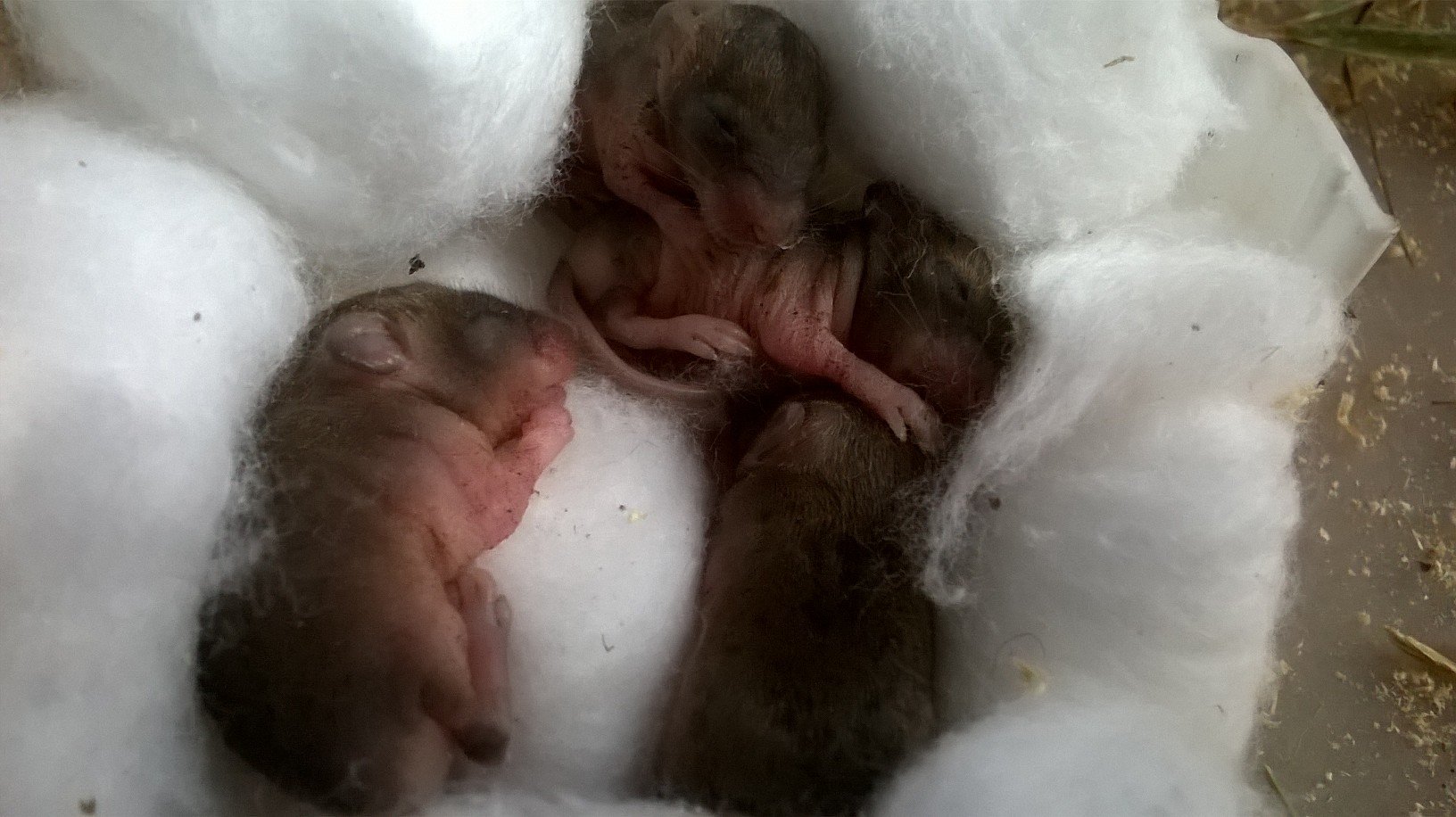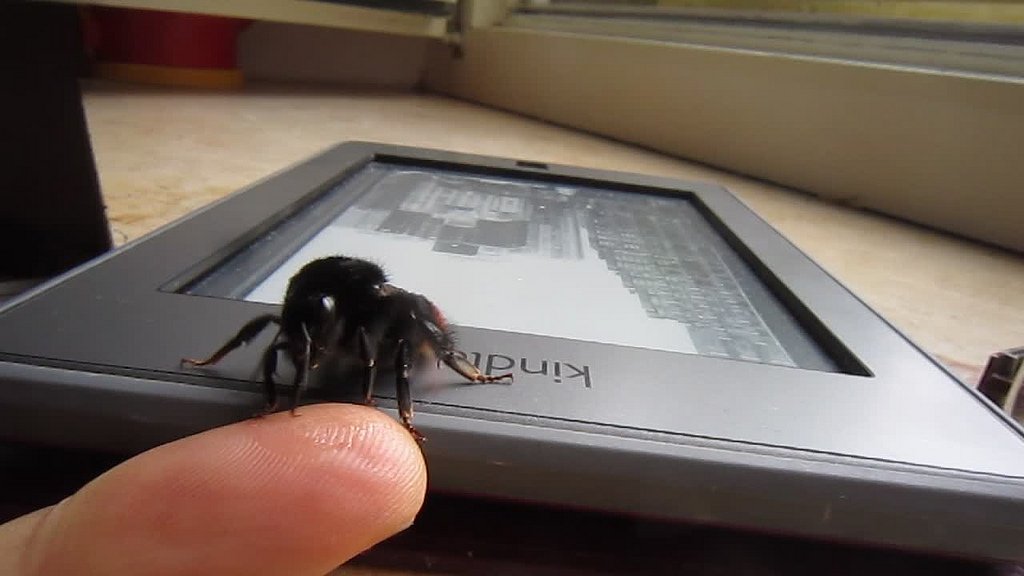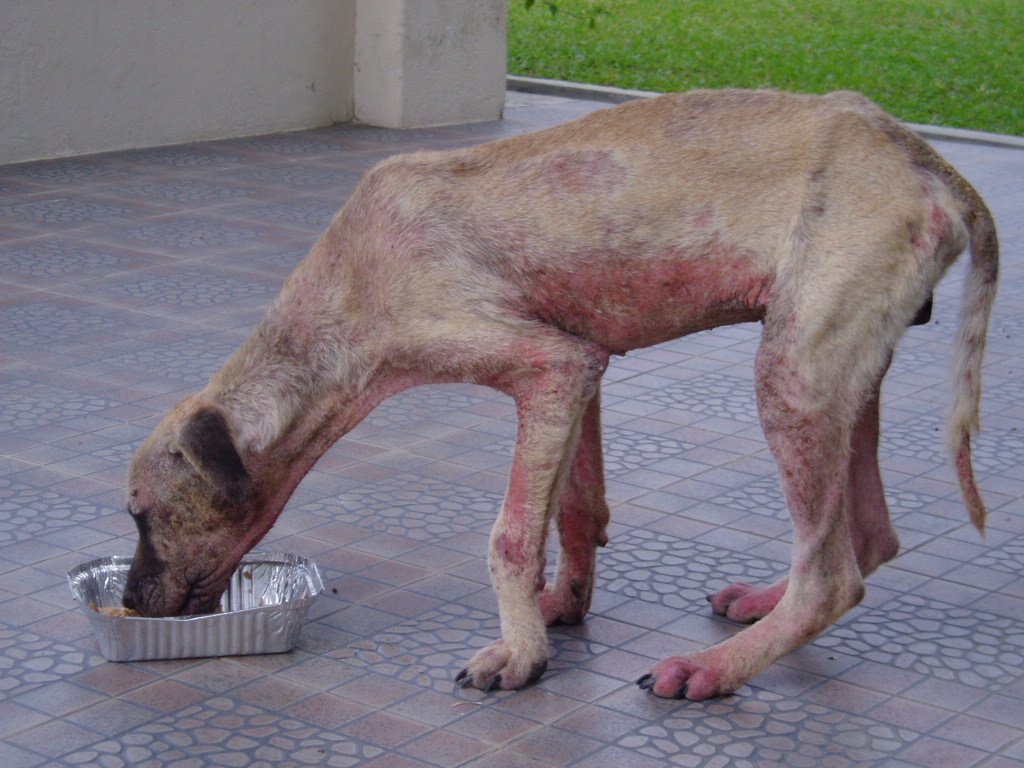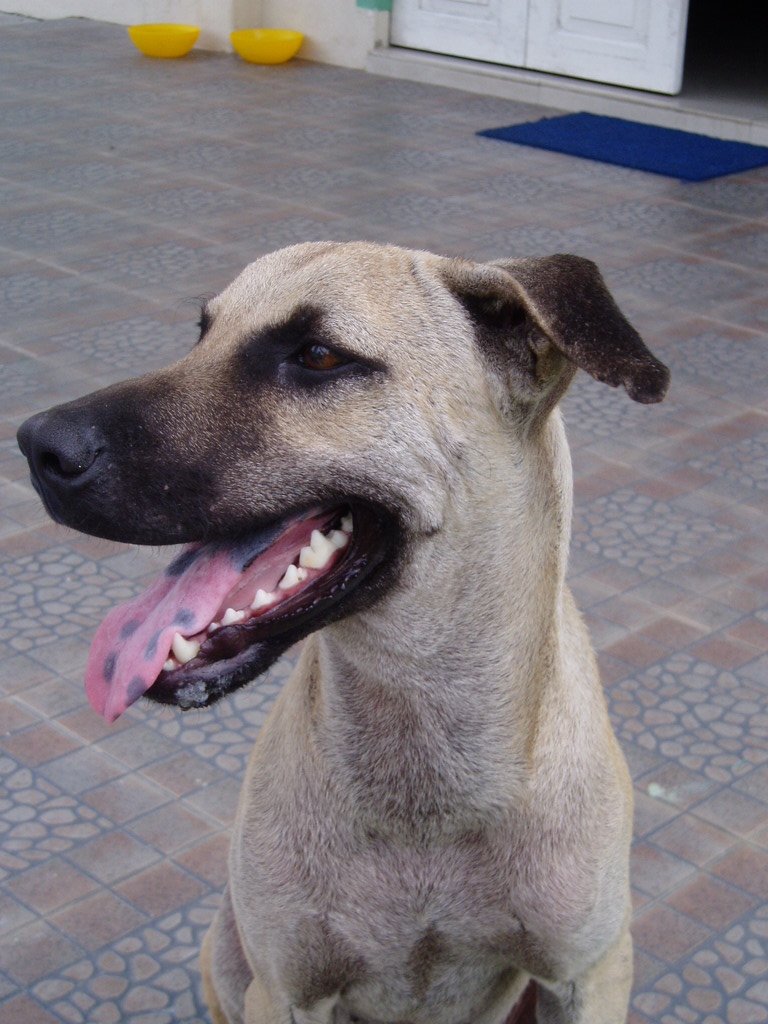Reason for Being Part 9: Self-Healing and Loving Kindness
This article is one of over 300 articles and audio recordings that can be found in the Resources section of this website. Access to Resources is available to patients who complete Assessment and start attending sessions weekly.

Our Culture of Entitlement
We live in times of extremes: extreme poverty and extreme wealth; extreme injustices, misuse of power and widespread propaganda. In such a culture there is less social cohesion and community, and more division and conflict. It's all-too easy to live with hard feelings in such times: hard feelings from poverty, uncertainty and struggle; hard feelings about leaders who do not care about us; who indulge entitlement and privilege, where social injustices around the world increasingly go unanswered, and where love and kindness seem to come in smaller and smaller doses.
I looked at the entitlement mindset in an earlier article, which examined how this attitude is a symptom of unmet infantile needs that carry the expectation that other adults owe us something. Freud referred to the Anal stage of child development in his early theories whereby interruption of the stage at which infants begin to learn to control their bowel can result in 'Anal retentive personality' types in later life; a term that has come to refer to general mean-spiritedness. Whilst Freud's theories on this type underpin modern classifications of certain Personality Disorders, his child development model has pretty much given way to an emphasis on parental influences on shaping child development.
Nevertheless, the notion of 'anally retentive' attitudes as being characterised by lack of generosity, unwillingness to share or give much of ourselves, and generalised meanness, are universally undesirable social qualities that contribute to today’s entitlement culture. Self-entitlement and an unwillingness to be generous or considerate of other people are generally considered to be anti-social, even in a society that has normalised self-absorption and narcissism. As unpleasant as it is to be on the receiving end of a 'tight-fisted' or 'stingy' person, it is also an indication of the barren nature of the inner worlds of people who feel that giving something to others somehow leaves them short-changed. In fact, the opposite is true: when we give of ourselves genuinely, whether in time, energy, attention, kindness, money, politeness or love, we also do something very valuable for ourselves. Ultimately, we cultivate values and a mindset that are marked by harmony, peace, joy and power. In doing so, we both empower ourselves as individuals, regardless of what wealth we have or do not have, and affirm ourselves at a profound level.
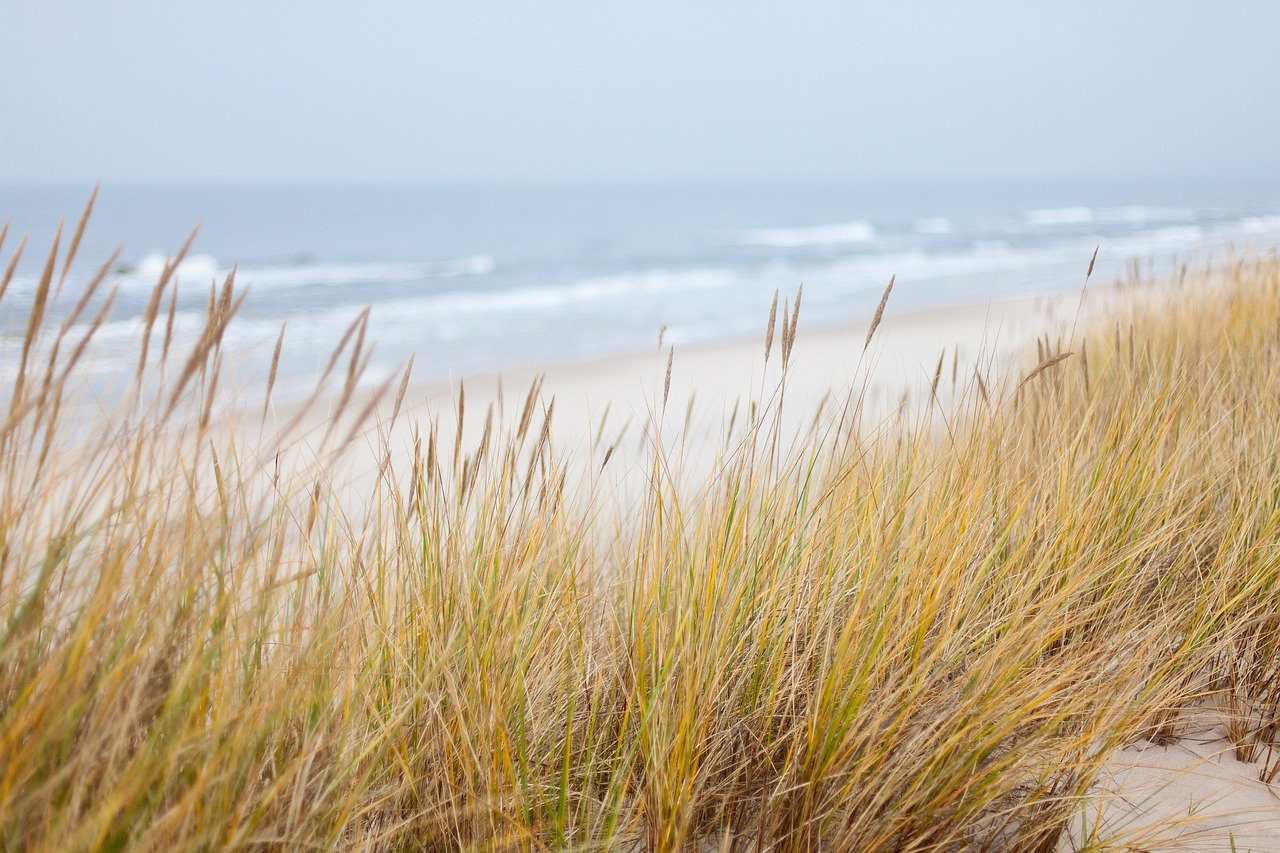
My strong personal belief is that it is human nature to protect and offer kindness to other living beings as a feature of our conscience and our desire to see all beings thrive. This includes genuine self-care. Sadly, many people fail to maintain or develop this natural facility in themselves, neglecting both the genuine needs of self and other, and investing more in personal desires and wants, rather than genuine needs. I think if our culture retained the fundamental, natural, instinctive inclination to care for other living beings then it wouldn't be in such a disastrous state of decline. Cooperation would be a part of every school curriculum instead of competition. Love, compassion and kindness to all living things would be central to mainstream and alternative media news. It would be the core of most of our conversations: the drive of conscience.
That said, we as free-thinking individuals and in spite of cultural trends that would have us be self-centred consumers, have the power to change our world by starting to re-engage in behaviours that are, in fact, part of our human nature. And in so doing, heal our world a little, and heal ourselves in the process.
“Being deeply loved by someone gives you strength, while loving someone deeply gives you courage.”
~ Lao Tzu
There have been numerous studies and much anecdotal evidence to confirm the notion that owning a cat or a dog can have a positive effect on the recovery from depression. This is common sense to some of us already. The act of 'taking care of' another living creature or even plants is in its essence a therapeutic act that orients the direction of our consciousness and heart intelligence to loving, kindness, generosity, empathy, healing. If you have a genuine psychotherapist for example, then they will without a doubt experience real caring towards you, and the bond that is formed between patient and therapist - when authentic - is in large part where much of the therapeutic value and personal transformation arises.
Similarly, a genuine loving bond between a parent and child both ensures the child can develop in a healthy way, and the parent also benefits because their emotions and mind are oriented in a therapeutically valuable direction. By contrast, the reverse of this situation: an absence of loving contact between parent and child has been well established as a marker for the development of mental health problems later on in life. Indeed, a barbaric 13th century experiment conducted by German King Frederik the second, studied the effects upon infants of having no physical or verbal contact. The infants were given sufficient food and warmth, but refused any signs of love. The result: all of the studied children died due to being denied love. This is an illustration of the profound effects upon living beings of neglect and, by extension, of its opposite: of being in alignment with our uncorrupted human nature and listening to the call of our conscience.
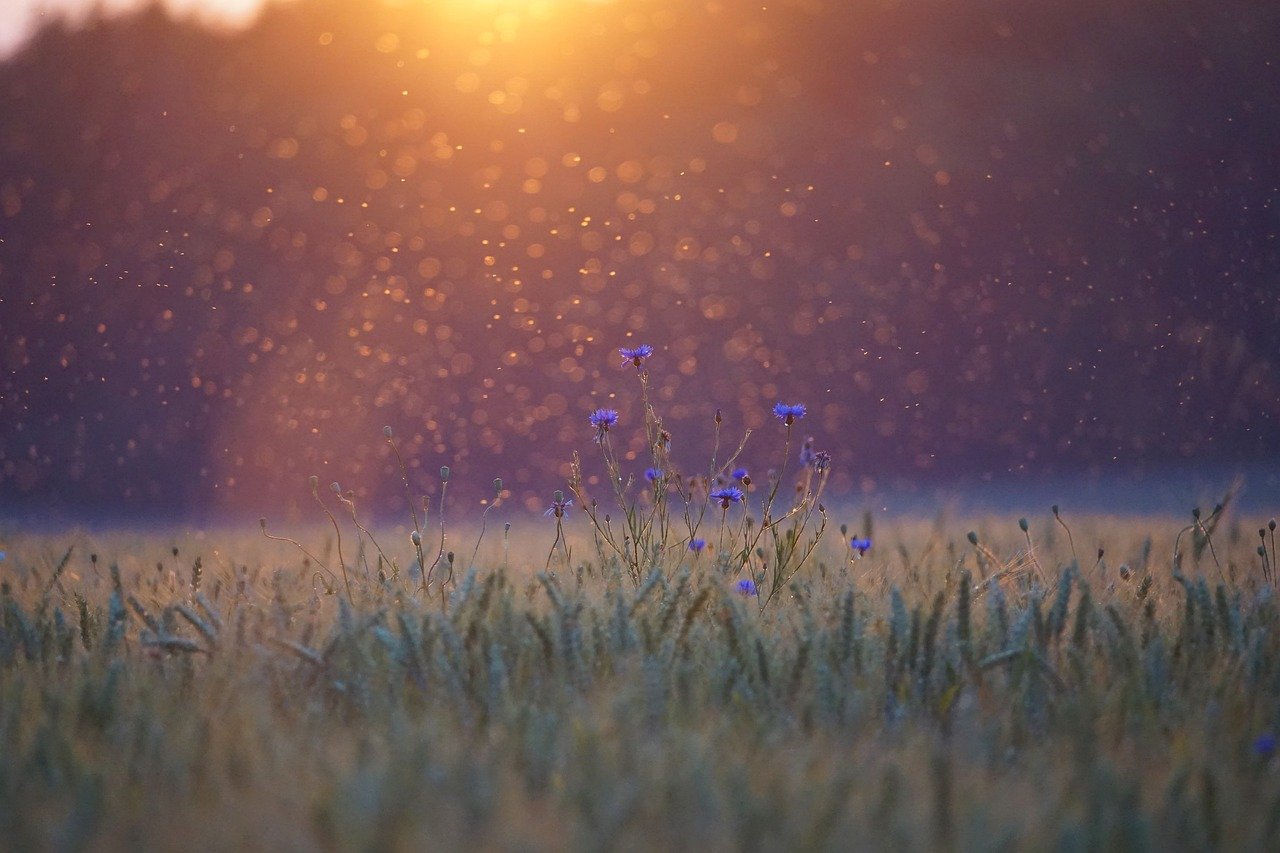
“Our sense of urgency is prompted by the conviction that the modern onslaught upon the natural world is driven in part by a degree of alienation from nature. Our modern environmental crisis — the widespread toxification of various food chains, the multifaceted degradation of the atmosphere, the far- ranging depletion of diverse natural resources, and, above all, the massive loss of biodiversity and the scale of global species extinctions — is viewed as symptomatic of a fundamental rupture of human emotional and spiritual relationship with the natural world.”
~ Kellert and Wilson, 1993
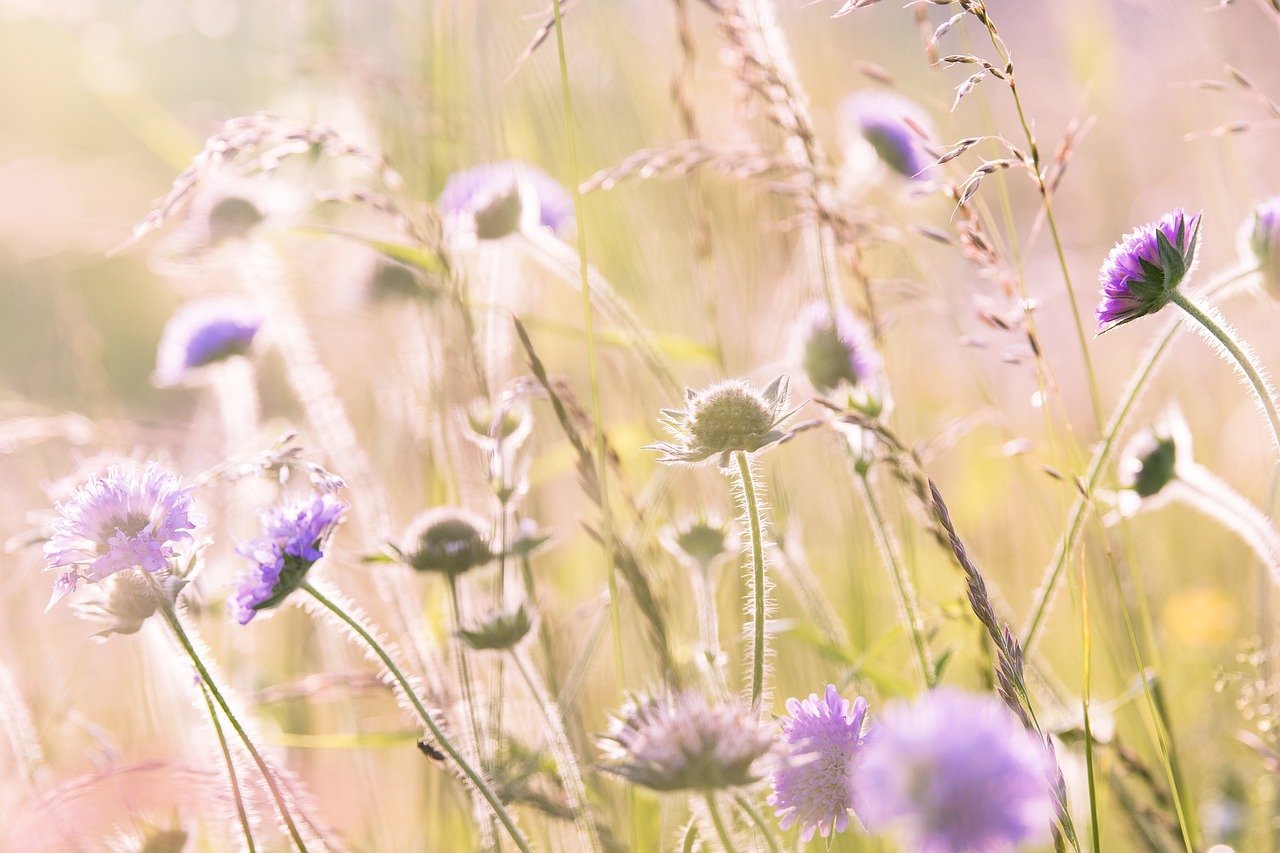
Beginning
Beginning to care for someone or something requires a shift in our consciousness that is valuable to both giver and receiver. This shift is the essence of loving kindness in the major religions and perhaps best known in the west via Christianity and Buddhism. It forms part of the doctrine in these spiritual teachings for good reason: because it works.
A simple daily routine of using your Therapy Journal to write down one or more examples of your appreciation of life, your gratitude towards it, with a daily act of generosity that you exercise for the same reasons, can begin to make a radical shift in your mindset that has benefits for you and the world. When we tap into our power to care, to value, and to give, we affirm and empower ourselves to be more fully what we are: social beings who have the power to value life, and preserve self and other. When we ignore these potentials in ourselves, we typically invest the energy elsewhere and a brief inquiry into where can often be quite revealing of the essential state of our psyche.
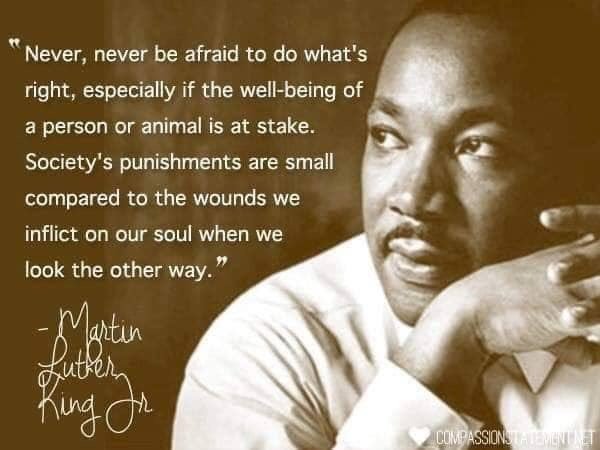
When Generosity is Difficult
When we encounter people who are selfish, mean, ignorant, and lacking in intelligence, it can be very difficult (and sometimes inappropriate) to act with loving kindness. And so, where loving kindness towards other people feels difficult, or complicated by the complexities of human interaction and our own pain memories, in a fragile state loving kindness towards a plant, an insect or an animal may be a lot easier.
I learned a long time ago that any low mood, worry, insecurity or depression I might be feeling or tormented thinking was easily alleviated if not cured by being kind towards someone or something. It immediately helps you shift mental and emotional gears into a much better, self-healing place. As such I now have a daily routine of looking after the wildlife in our garden: the plants, insects, birds and animals. It's part of my daily 'therapy' and has resulted in the animals and birds knowing me as a benign presence rather than a potential threat. The pigeons, sparrows, robins, and squirrels come around whenever I go outside. This is heart-warming, but it can also cost you a fortune if you aren't careful...! It's also wise not to create too much of a dependency in wildlife by, for example, over-feeding or feeding too often. Animals still need to find their own food and they can end up hanging around waiting to be fed rather than foraging for themselves. So, establishing a balance between helping them avoid starvation and respecting their independent wildness is key.

Regularly we rescue bees from our garden path. They often become exhausted and unable to find enough nectar-rich flowers to feed on, especially when it gets cold. Or they become disoriented by microwave radio signals from wifi and mobile phone towers. A little sugar syrup (saturated sugar solution) on the end of a finger does wonders and you can help bees recover quite easily with this method (they won't sting you unless you try to harm them). Bees are some of the most docile, harmless creatures around if you don't try to hurt them.
Hedgehogs are in severe decline in the UK, so we decided to do what we could and started by building a hedgehog box out of plywood. Within two weeks we had a hedgehog move in! He stayed for the winter but we haven't seen him around for a while. Small cat biscuits and dog food are suitable foods for hedgehogs and a fresh water supply (but not milk). Through the winter hedgehogs hibernate but wake up several times when hungry, so having some food close by can be a good way to help them survive through the winter months when food is scarce.
Bird feeders and squirrel feeders not only help our fellow creatures survive, they bring life into your garden and show you that you can make a difference, helping to reverse the destruction that is taking place to the environment and wildlife around the globe. The pay-off for you is that you do something very valuable for your soul and can begin to see how you can apply your power to making changes in the world, however small they may be.
Opposite: some of the animals recently rescued

Rescuing Brim
When I was in Malaysia attempting to recover from M.E. I rescued a dog. I was pretty unwell a lot of the time: exhausted, with migraine headaches and chronic joint and muscle pain and associated depression. I thought my career had come to an end because of this illness and I was miserable.
One day, I saw Brim standing out in the middle of the road in the midday sun and 40 degree heat. He was swaying from side to side, ready to collapse. I went out into the garden to have a closer look. As I approached I expected him to run away or snarl as I got nearer, but he just stood there weak and in despair, and looking as exhausted as I felt.
Dogs and cats in Malaysia are treated obscenely, and you will typically see stray dogs and cats wandering around the streets in terrible states of health with broken tails and legs, preventable diseases and infected wounds. I routinely witnessed school children throwing stones at dogs that were doing them no harm whatsoever. Adults were no better. In Asia, cruelty towards animals exists in epidemic proportions. Dogs that aren't thrown into the street to survive are usually kept for securing property: seen purely in terms of their ability to guard a house, and as such are confined twenty four hours a day, often locked in cages or fenced gardens on a permanent basis. They become mentally disturbed and bark incessantly from the torments of their confinement.
Brim was in an awful state when I found him and had clearly been abandoned and then ignored by every passer-by. I brought him into the garden and gave him some raw eggs to eat, and some water to drink. His skin was cracked and bleeding due to being infested with mange, he had a large leg ulcer and an abscess on one side of his head that made him shake and scratch his head incessantly. He was starved and probably had only a day or two left to live in the blazing heat. I immediately took him in and took the only transport I had - an old bicycle, that someone later stole - and rode three or four miles to the nearest vet. Armed only with photos of Brim’s condition on a laptop, I managed to convince the vet to give me medications and an injection I could administer to Brim to clear up the mange.

I named him 'Brim', which is short for 'Brimstone', the old name for the sulphur powder I used to use on his skin to help it heal. I took over a dozen maggots out of his ear abscess and treated his leg ulcer. With a diet of eggs, tuna, rice and vitamins, he soon passed the critical stage and grew stronger with each passing day.
Within just a few weeks Brim had made an amazing recovery and was full of what can only be described as joy. He would run and jump about and remained loyal for the few months I stayed in Malaysia. I managed to find him a home with a Christian family who already kept two dogs of their own. But it was very painful to have to leave him behind...a sorrow I still feel to this day.
Clearly, you don't need to own a dog or cat to experience the benefits to your mental health of genuinely taking care of a living thing. It is undoubtedly therapeutic because it allows us to shift our minds and awareness away from our own suffering, to the needs and struggles of another being.
Such a shift takes us out of ourselves and helps us strengthen and reinforce the neural pathways in our brains concerned with the development of healthier thought patterns and emotional states. This isn't about ignoring or minimising your problems or pain. It's about transcending some of it and using some of your day and energy that you might use stressing or feeling awful by engaging in a healing process instead of pure suffering, worry, anxiety, or hopelessness. It is an act of kindness and healing towards yourself and the world around you.
This is available to you now. It costs nothing, and you need only give it a try...

“May all beings be well and safe, may they be at ease. Whatever living beings there may be, whether moving or standing still, without exception, whether large, great, middling, or small, whether tiny or substantial, Whether seen or unseen, whether living near or far, Born or unborn; may all beings be happy. Let none deceive or despise another anywhere. Let none wish harm to another, in anger or in hate.”
~ the Pali Metta Sutta

